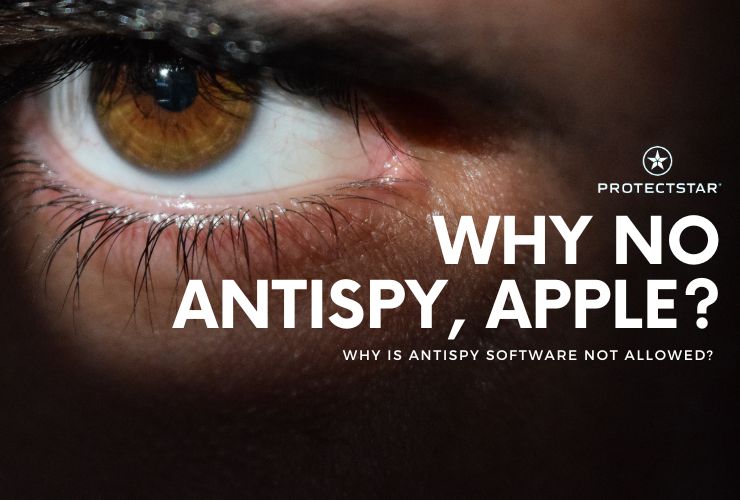Why Apple Doesn't Allow Antispyware on iPhones and iPads

Apple prides itself on the security of its devices. iPhones and iPads are known for being less susceptible to viruses and malware compared to their Android counterparts. But why doesn't Apple allow users to install antispyware software?
There are several reasons behind this decision, some technical and some strategic:
- Sandboxing: Apple's operating system, iOS, utilizes a concept called sandboxing. This restricts apps to specific areas of the device and prevents them from accessing data or functionalities outside their designated sandbox. This makes it much harder for malicious software to spread and steal information. In theory, antispyware becomes redundant in this environment.
- App Store Control: Unlike Android, where you can download apps from various sources, Apple tightly controls app distribution through the App Store. All apps undergo a rigorous review process before being published. This helps to weed out malicious apps before they reach users.
- Performance Concerns: Antisyware software can be resource-intensive, potentially slowing down devices. Apple prioritizes a smooth user experience and may believe pre-installed security measures are sufficient.
- The "Walled Garden" Argument: Critics argue that Apple creates a "walled garden" ecosystem by restricting app installation. This gives Apple more control over user data and potentially limits competition within the security software market.
Is There a More Sinister Motive?
While Apple emphasizes security, some believe they discourage antispyware to protect their own data collection practices. However, there's little evidence to support this. Apple offers transparency regarding the data it collects and allows users to control what information is shared.
Workarounds and Alternatives:
There are no true antispyware apps available for iOS devices due to Apple's restrictions. However, some alternative security practices can enhance protection:
- Keep Software Updated: Install the latest iOS updates as they often include security patches.
- Be Cautious with Links and Downloads: Only click on links and download files from trusted sources.
- Use Strong Passwords and Enable Two-Factor Authentication: This makes it harder for unauthorized access.
- Utilize Built-in Security Features: iOS offers features like "Find My iPhone" to locate lost devices and "Screen Time" to manage app usage and potentially restrict access to malicious apps.
Do you think there is a more sinister motive behind Apple’s decision? Let us know on our social media @protectstar on X and Linkedin and @protectstar-inc on Reddit!